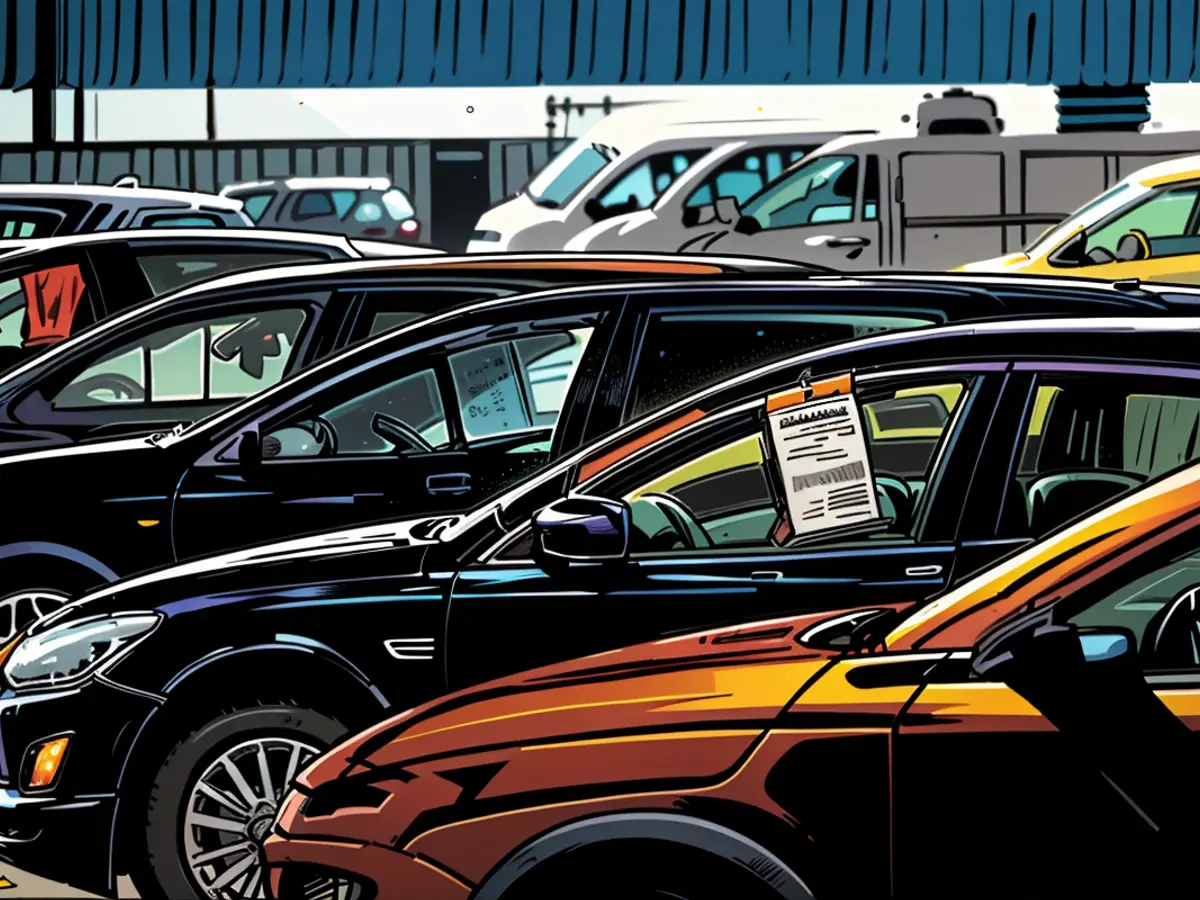Significant increase observed in new vehicle costs, as per the research report
It appears that buying new cars in Germany is becoming a costlier affair as per a study conducted by industry expert Ferdinand Dudenhöffer. There's a noticeable distinction between the costs associated with traditional internal combustion engines and electric vehicles.
The cost of the top 20 internal combustion engine models has seen a substantial hike since April, as per Dudenhöffer's analysis. The average transaction price for these models now stands at around 33,000 euros, representing an increase of approximately 10% from April. The rise in costs for significant electric vehicles, on the other hand, has been sluggish, at around 4%, bringing the price tag up to 40,500 euros.
Though these figures should be taken with a grain of salt, as they don't account for the sales numbers of individual models, they offer a fair representation of the market's evolution.
Price escalations for internal combustion engines
Reductions in discounts are not primarily responsible for the current surge in the cost of internal combustion engines. In fact, according to Dudenhöffer, the discount rate for these engines has dipped slightly by 0.7 percentage points since April. The discount rate for electric vehicles, conversely, has risen slightly by 0.3 percentage points. As per the expert, the primary driver behind the current pricing trends is an upward push in list prices, particularly for internal combustion engines.
The divergent developments are also contributing to a narrowing gap between the costs of electric vehicles and internal combustion engines. The price difference between the two was initially 30%, yet it has now shrunk to around 23%. Dudenhöffer predicts this disparity to continue to narrow further.
"It appears a strategy is being put into action to gradually diminish the price disparity by raising prices for internal combustion engines," reads a section of his study. "Rather than escalating discounts on electric vehicles, it's the list prices for internal combustion engines that are seeing an uptick." Whether this approach will prove successful in the market remains to be seen in the ensuing months.
Manufacturers of internal combustion engine cars are implementing a strategy to gradually reduce the price gap with electric vehicles, as suggested by Dudenhöffer's study. This is being achieved by increasing the list prices of internal combustion engine models.
Despite the slight decrease in discount rates for internal combustion engine cars, their costs have significantly increased, leading to a narrowing of the price gap with electric vehicles. This trend has been observed among major manufacturers in the German automotive industry.








